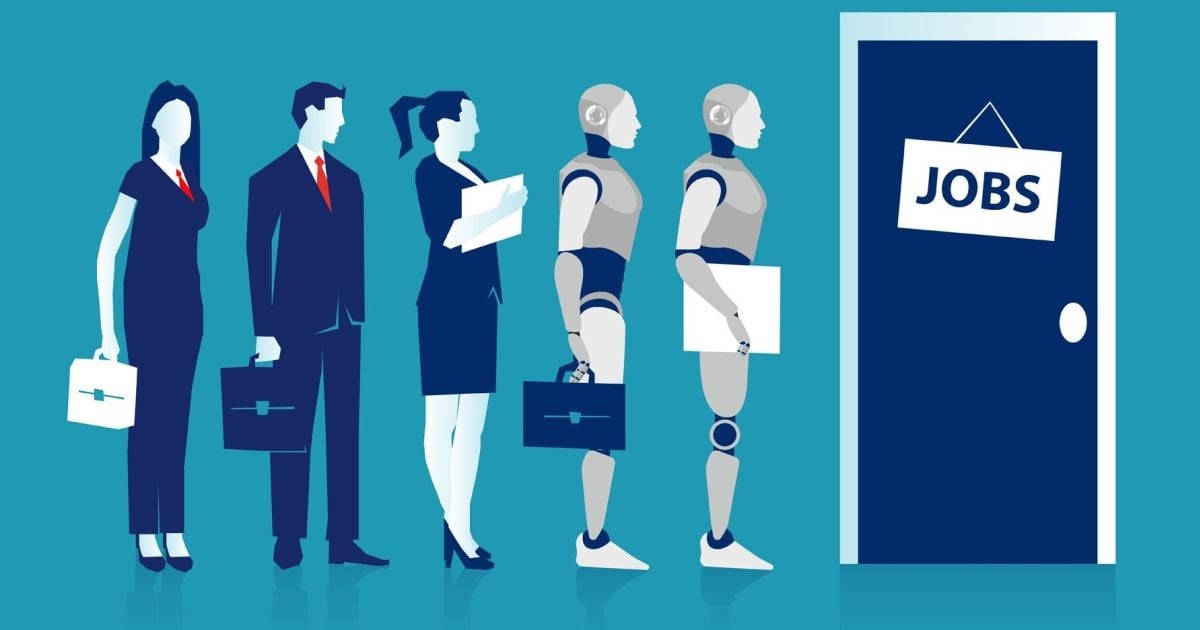Nearly half of UK marketers surveyed already harness AI for essential tasks such as market research, campaign optimisation, creative asset testing, and budget allocation.
Specifically, 46 % use AI for research, 44 % generate multiple asset variants, 43.7 % optimise mid‑campaign content, and over 41 % apply machine learning to audience targeting and media planning.
These tools enable faster ideation, real‑time asset iteration, and smarter spend decisions. Campaigns can now be A/B tested in moments rather than days, freeing teams to focus on higher‑level strategic and creative work.
Industry leaders emphasise that AI serves best as a ‘co‑pilot‘, enhancing productivity and insight, not replacing human creativity.
Responsible deployment requires careful prompt design, ongoing ethical review, and maintaining a clear brand identity in increasingly automated processes.
Would you like to learn more about AI, tech and digital diplomacy? If so, ask our Diplo chatbot!










